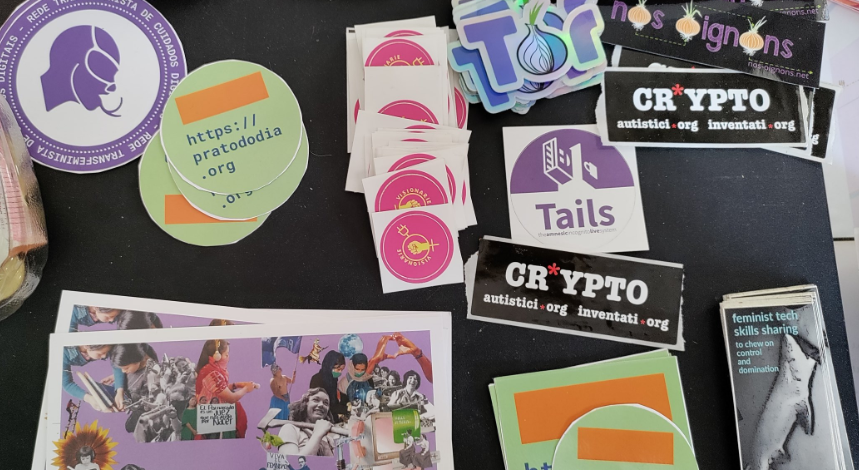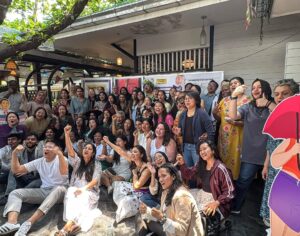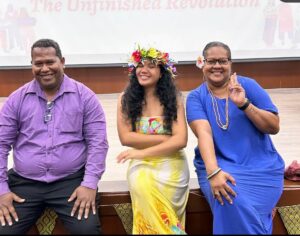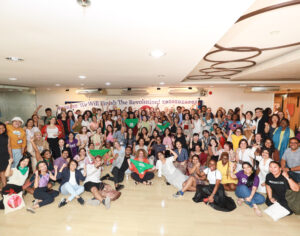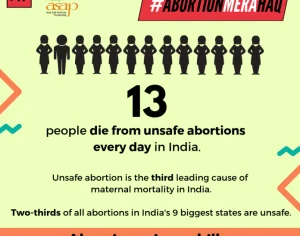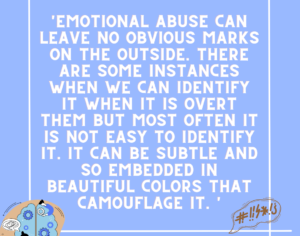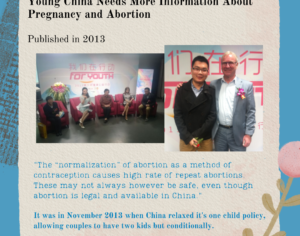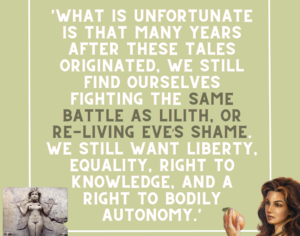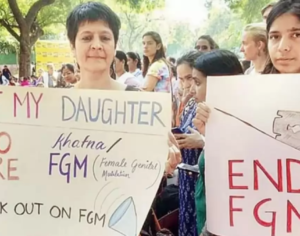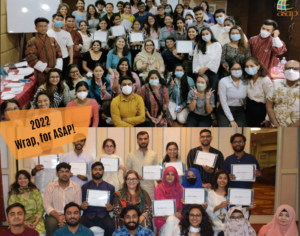Internet Consciousness: Seeing a Global Phenomenon from the Asian Perspective. By Ayesha Bashir
‘Death to Social Media!’
This slogan may sound extreme and even impossible in today’s context of our interconnected lives but it has become an aspiration for many feminist and human rights activists. Increased surveillance, censorship and various other threats to privacy online has pushed many to give up on this revolutionary invention, which has not only changed the way humans interact , but continues to grow and evolve at an exponential rate.
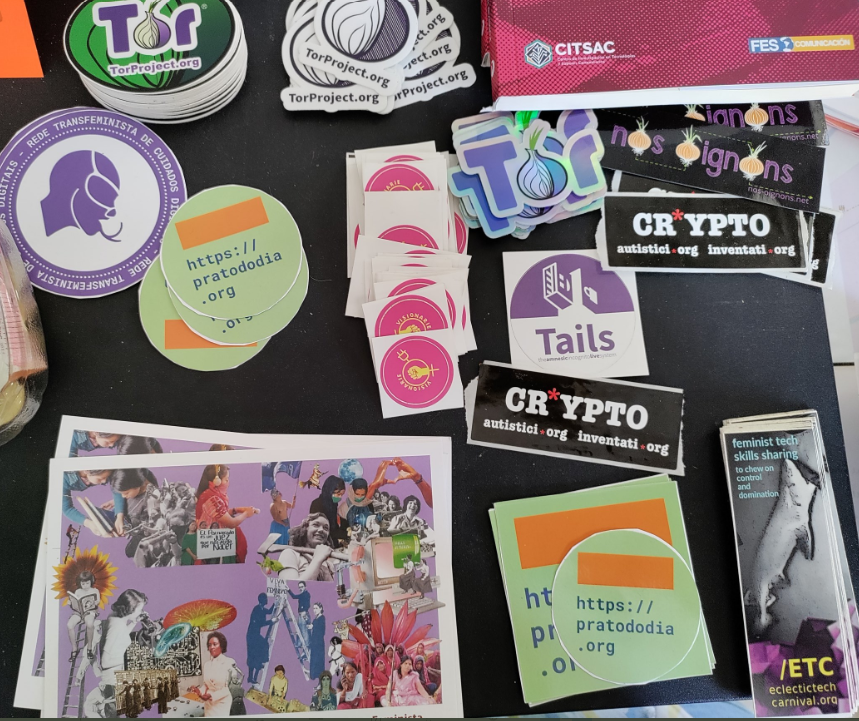
So how did they get here? Let’s start from the beginning.
Internet or ARPANET (Advanced Research Projects Agency Network) as it was called was born as a result of US military’s needs when the Government researchers needed to share information in the most secure manner, (which can connect computers across the country) without a physical centre or core, so that it cannot be easily destroyed by the enemy. This ARPANET was accessed only by a limited number of people of course, until the late 1980s.. It was in 1989 that Tim Berner- Lee’s research led to the development of the World Wide Web as we know it.
Even when the internet became mainstream, it was still accessible only to a privileged few. In India for example the first private household internet connection was set up only in 1995, and that too through a landline which in itself remained a big deal for many middle and lower middle class households. However, with increased globalization and opening up of the Indian economy in the 1990s, it gave a natural boost to Information Technology in the country. Similarly in countries like China, Indonesia, Pakistan etc one can see a sharp increase in the number of young people (mostly men) pursuing a career in information technology or software engineering. With the advent of smartphones around 2008-9 the world became even smaller, with everything in the world literally a click or a tap away! With rising competition among network providers, it was only a matter of time that mobile phones, smartphones or the internet with its 3G or 4G bandwidth became increasingly accessible and affordable. A report published recently in India says that by 2025, there will be more internet users in rural India than in urban India.
Indonesia saw a similar growth with an increase from 10% in 2000 to 22% in 2015 and shot up to 53% by 2020! Similarly in Pakistan the number of internet users which grew only 2% from 2005-10, saw a growth of 5% from 2012 -17 and these numbers are only increasing.
With the onset of COVID 19 and the lockdowns that followed , these numbers have grown exponentially.. Facebook’s analytics department reported a 50% increase in the use of their messenger, while Whatsapp reported a 40% increase. The reliance on online platforms and social media for not just information but even news and COVID updates during this time was so much that this period is also called an ‘Infodemic’, owing to the susceptibility of people believing wrong information or fake news.
In such a scenario, the slogan ‘death to social media’ may sound aspirational, but still absurd!
Yet a movement is building and slowly expanding from different corners of the world though primarily from the Global North which is deeply suspicious of this uncharted expansion of social media as well the surveillance it carries out on our every click!
The distrust is neither invalid nor exaggerated if we think about it. It is known that online spaces reflect the inherent politics and power of our offline world, whether it is patriarchy, capitalism, racism or casteism and it probably doesn’t help that many tech platforms are predominantly run and controlled by cis het (white) males who are often indifferent to the structural oppression faced by others and the consequences faced by many marginalized people online.
Recent studies have revealed that most social media platforms fail to take action in 9 out 10 complaints against sexual harrassment online, facial recognition software often mis-identifies people of colour and we know that our digital footprint creates data which is again sold as metadata by online entities.
We all know about the hypocritic stand of social media corporates like Facebook, Instagram or TikTok when it comes to sharing information promoting sexual and reproductive rights, compared to the blatantly sexist content that is shared for the ‘male gaze’ (Private Parts: Obscenity and Censorship in Digital Age) . Along with this, the role played by them in influencing elections, or spreading hate speeches in countries like India, Myanmar against minorities, or restricting their services on the orders of dictatorial governments, offer enough reasoning to question their politics along with their objectives.
With the ongoing ‘mad pursuit’ of big platforms for more profits, more followers, more likes, more reshares, its core essence of offering a free, easy to use and accessible space for people from any background, class, caste, race, gender, to share their truth is slowly eroding.
Phrases like ‘freedom of speech’ or ‘every voice matters’ seem like hollow statements for many activists in countries like Iran, India, Turkey, Philippines etc, who are arrested for talking about basic human rights or daring to question the government. At least this is something that people are realising, questioning and challenging through conversations around safety for human rights defenders. For SRHR advocates, it’s even more difficult. Safe abortion rights advocates for example, are probably the least protected and most vulnerable online, facing backlash from all sides (Governments, religious groups, anti-choice citizens), even though they’re actually saving lives by offering accurate information and connections to safe services.
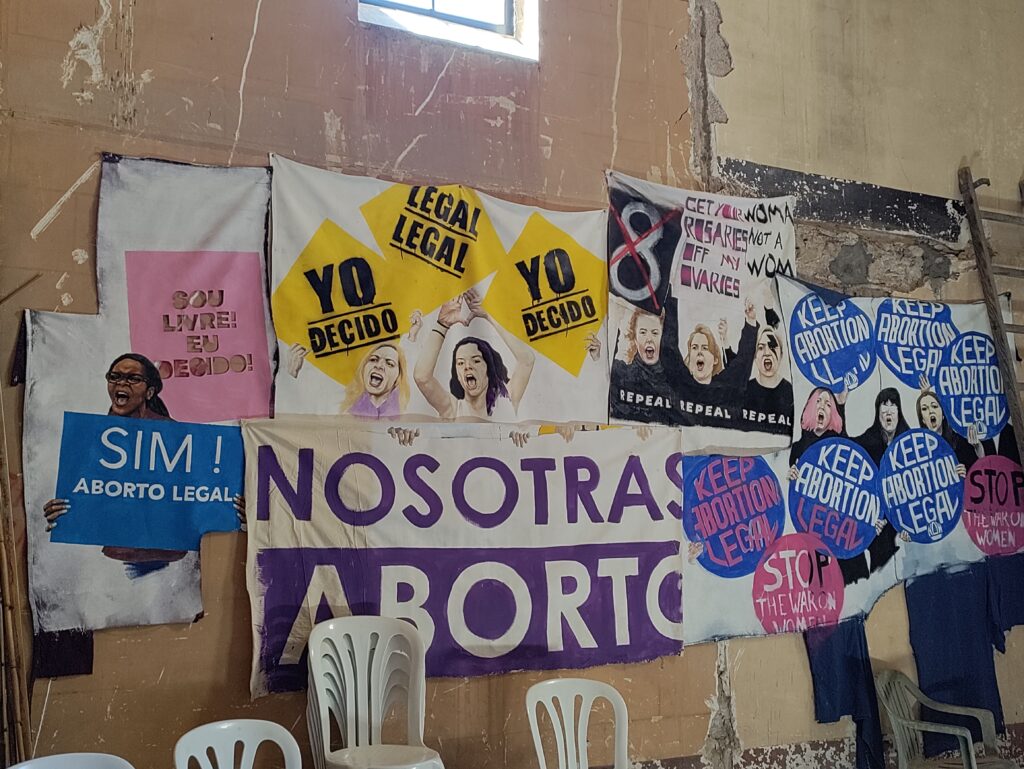
So it is no wonder that some feminists feel done with this! They are angry and don’t have the power or resources to put any pressure on big conglomerates like Meta, which continue to shape behaviours and spread misinformation without having any accountability or taking responsibility for the impact they’re having.
While social media is one part of the problem, it’s the general vulnerability of any and all information shared on the internet or the ‘surface web’ by an individual, which outlines an easy map for not just Governments but also hackers to keep a track on us and eventually attack us.
When I say ‘surface web’ I am talking about the 4% of all of the Internet that we have access to today, compared to the 96% that we haven’t even explored yet and remains hidden and accessible only to a few and is infamously known as the ‘Dark or Deep Web.’
Surface web is also called the ‘Transparent Web’, owing to how open it is for keeping a track of anyone’s activities online.
But many activists (and not just those living under oppressive regimes with limited internet availability), are increasingly shifting towards more secure, hidden & safe methods of communicating online.
Many human rights activists and feminist tech activists from Europe and USA, have decided to part ways from the ‘transparent web’ and set up their own means of communication by setting up their own ‘digital counterculture’.
These can range from creating safer social media platforms like Telegram, or Signal to even setting up their own WiFi systems, which offers full proof protection of their data, not just from hackers, or Governments but also internet providers. Initiatives like the The Onion Router Project (ToR), The Amnesic Incognito Live System (TAILS), Rise Up Net email and VPN, are just some examples of volunteer led projects trying to bring the deep web level of security, into the surface web as well.
TOR is a popular example and is one of the most secure browsers unlike Google, Yahoo etc as it doesn’t save any data of the user and keeps your online activities protected. Similarly Rise Up Net is extremely popular among activists for sharing sensitive information online. They also offer other services like VPN, which creates a cloud protecting your IP address, making it impossible to track your location. TAILS takes this security to a next level as it creates a system that is designed to be booted as a live DVD or live USB, leaving no digital footprint on the machine you’re working on, unless explicitly told to do so.
While all these are brilliant solutions to stay off the grid, they have their own set of drawbacks. TOR or VPNs services often affect the speed of the internet, the fact that they don’t record any data can be cumbersome for people to keep a record of the websites or links they’re visiting and it obviously affects user experience, since they’re not tracking your activities and cannot offer certain ‘suggestions you might like’.
Along with these issues there is also the assumption, that ‘digital security’ conversations are supposed to be an area for a ‘tech expert’ and the fact that we are so used to having ease of access and useability, (such as the ads that we sometimes find useful, or general content we like scrolling which is customized based on our clicks). As a result, initiatives like these for staying ‘off grid’ have not found mainstream popularity and are still limited to small activist circles, primarily from the global North..
Recently I had the privilege to attend a conference organized by feminist activists and hackers on ‘creating feminist infrastructure’. At this conference which had over 100 participants I was the only one from Asia. That in itself is a big reflection of how different the priorities are in the different parts of the world.
However, given the increasing influence of the internet & social media on people living in Asia, there is probably an even greater need in our region for unpacking, understanding and responding to these issues.
This was definitely a one-of-a-kind meeting and very different from the ones I’ve usually attended that tend to happen in big conference rooms or in 5 star hotels. Here everything was sustainable, community led and self-organized by participants; from their local radio to their wifi to the food– everything was created by those present. The whole idea was to move away from the normalized fancy capitalist way of doing things and focus more on community living.
This meeting saw a participation of feminist hacktivists from across Europe, USA, Canada, and Latin America who are doing some brilliant work in their respective fields, especially with regards to creating the most secure alternate modes of networking online. Therefore naturally, throughout the entire conference there was no forum really for any conversation about how should we deal with ‘Facebook’ or Instagram or Twitter trying to restrict information in the developing world, by shadow banning posts sharing info on medical abortion since the focus was on issues beyond this.
It was interesting to see that now when rural and marginalized areas of many countries in the global south are finally getting access to the internet or smart phones or social media, we need to already start thinking about how we can find solutions and alternatives beyond them. .
Despite these challenges from my global south activist perspective I found the meeting to be quite revolutionary, not just because of how passionate and resilient these members were, but because it really gave me a beautiful glimpse of what a ‘feminist internet’ would look like and who’re the people who can create it.
This is also not the first time such a community has existed. As far back as in 1972, revolutionaries seeking to change the world had created a similar ‘technological commune’ of collection of ‘hackers, dreamers, hippies and iconoclasts’ called ‘Project One’ in San Francisco. Interestingly it can be called one of the first instances of encoding the counterculture values in a computer, at an operating system level.
So clearly it’s a legacy of feminists from USA or UK (predominantly white), who started off as the first ‘computers’ themselves, then aided its development and eventually perfected the machines over the course of WW2 (such as Grace Hopper, Betty Holberton) and they were followed by younger generations of feminists who learned and eventually distanced themselves from the politics of war and patriarchy, so they decided to re-write the code! How can that not be inspiring?!
However, it will take some time and effort for us to reach this point since the work we do is now heavily dependent on the use of the internet and social media. For example we found, based on a recent survey we did, that Instagram , despite its lax security, was the top most preferred platform for sharing info on safe abortion services..
Feminist collectives across the world are doing some great work in questioning the status quo of not just the world of the internet, but also the capitalist profit based/ consumerist lifestyles that we’re aspiring to, led by the content we see online. These collectives are moving away from rewarding cisgendered heterosexual men for doing bare minimum, infact ousting them completely from the movement. For example, the meeting of over 100 people that I attended saw participation from less than 5 cis gendered heterosexual men, who weren’t taking up any leadership position and yet their instrumental role in working towards developing one of the most secure online networks for activists and supporting the feminist movement from the back end was appropriately acknowledged but without it being hijacked. Another similar example from this community led meeting is how they’re also questioning the problematic NGO-isation of social movements which are failing in bringing about any real impact and often even act as roadblocks in the path towards revolution.
From my perspective it seemed as though such an idealistic separatist approach, while radical and perhaps critical in dismantling the control social media currently has over our lives, can also be seen to stem from a position of privilege where one has access to alternatives for obtaining information and access to services.
We know how important social media platforms and the internet is for people in Asia, especially young people, women and traditionally persecuted groups like the queer community. We can see that its use and extent is only going to expand in the near future.
In such a scenario, we may not be able to abandon Facebook or Instagram, just because they’re not secure or exploitative but we may need to explore different solutions. We will have to find a middle way between using the internet irresponsibly versus completely getting ourselves off the grid.
It’s going to be a long and challenging path , given that most SRHR activists and organizations in our region have not even started thinking about their own digital footprint and safety issues.
As leaders in the safe abortion rights movement ASAP sees it as one of our responsibilities to initiate these conversations and support strategic interventions that will allow young people, women, girls and members of the queer community, rural and marginzalised people to have a safe experience as they navigate the internet for information and services that could be a matter of life or death for them.
Therefore this year onwards, along with our Country Advocacy Networks we will also be working towards ‘Shaping Safer Online Spaces’ (SSOS). Through this initiative we want to encourage discourses and adapting practices that are effective & safe in order to maximize the potential of these online tools, so that we’re all able to bring our politics on it and not just some privileged few. To know more about SSOS you can visit the link here or follow the hashtag #ShapingSaferOnlineSpaces on social media.
